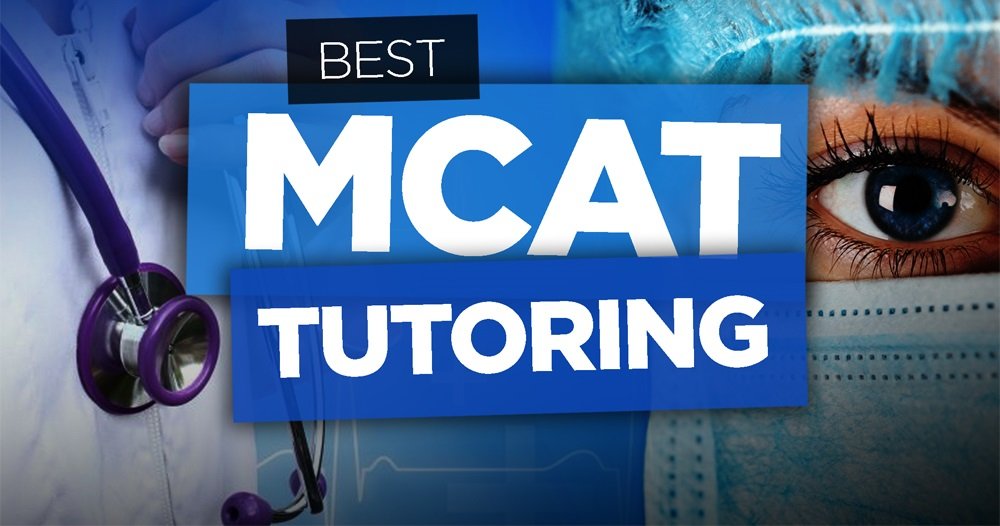Structure of the MCAT
The MCAT is divided into four main sections :
- Chemical and Physical Foundations of Biological Systems : This section tests knowledge of the physical, chemical, and biochemical foundations of biological systems. It covers topics such as general chemistry, organic chemistry, physics, and introductory biochemistry.
- Critical Analysis and Reasoning Skills (CARS) : Similar to reading comprehension sections on other standardized tests, this section assesses the ability to analyze, evaluate, and apply information gathered from passages in the humanities and social sciences.
- Biological and Biochemical Foundations of Living Systems : This section focuses on processes that are biochemically unique to living organisms and requires knowledge of biology, organic chemistry, and introductory biochemistry.
- Psychological, Social, and Biological Foundations of Behavior : This section tests knowledge of psychological, social, and biological factors that influence perceptions and reactions to the world. It requires an understanding of psychology, sociology, and biology as they relate to the behavioral and socio-cultural determinants of health.
Scoring
Each of the four sections of the MCAT is scored from 118 to 132, with the median and mean at 125. The total score ranges from 472 to 528, with 500 being the median score. Scores are reported with percentile ranks to provide context for comparing the score to that of other test takers.
Purpose and Usage
The MCAT is designed to assess problem solving, critical thinking, and knowledge of natural, behavioral, and social science concepts and principles prerequisite to the study of medicine. Medical schools use MCAT scores to assess applicants’ qualifications in a standardized manner alongside undergraduate records, recommendations, and other personal achievements.
Preparation
Preparation for the MCAT typically involves several months of studying. The AAMC provides official preparation materials, including practice tests, questions banks, and study guides. Many test-takers also enroll in prep courses offered by various educational companies, which provide structured preparation and guidance through the extensive material covered by the exam.
Test Availability
The MCAT is offered multiple times per year at hundreds of test centers across the United States, Canada, and internationally. Registration for the MCAT can be done online through the AAMC website, where test-takers can also find information about test dates and locations.
Overall, the MCAT is a crucial component of medical school admissions, designed to predict an applicant’s ability to succeed in the challenging environment of medical education and ultimately in their medical careers.


